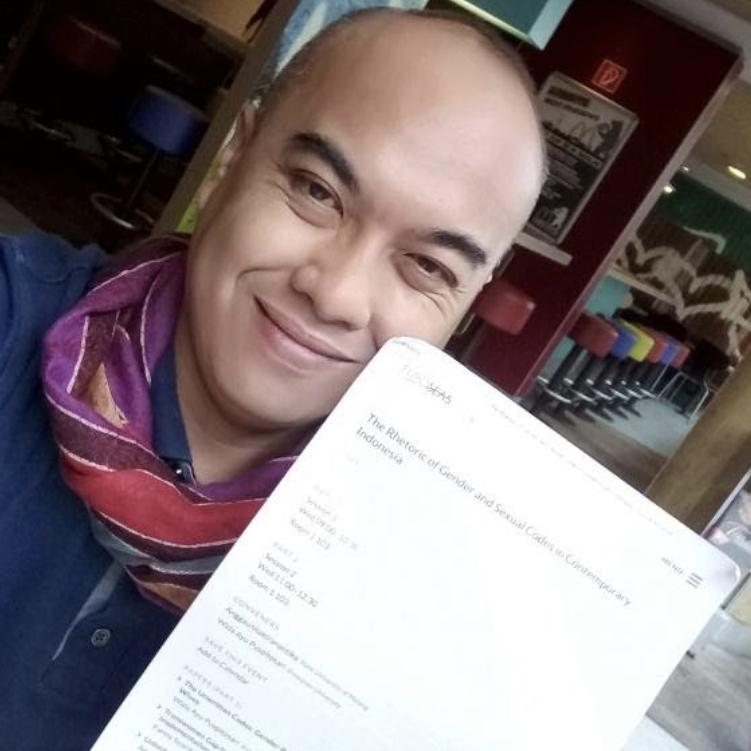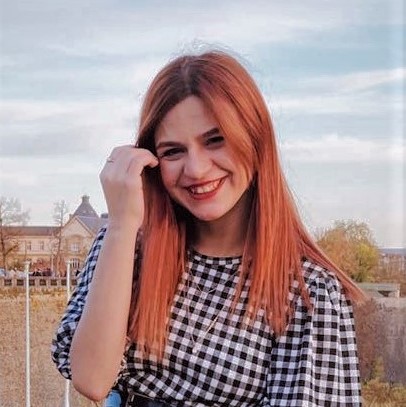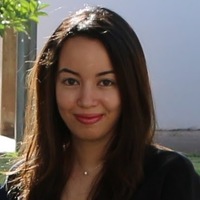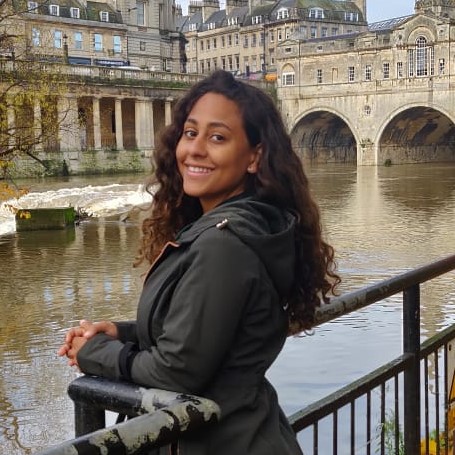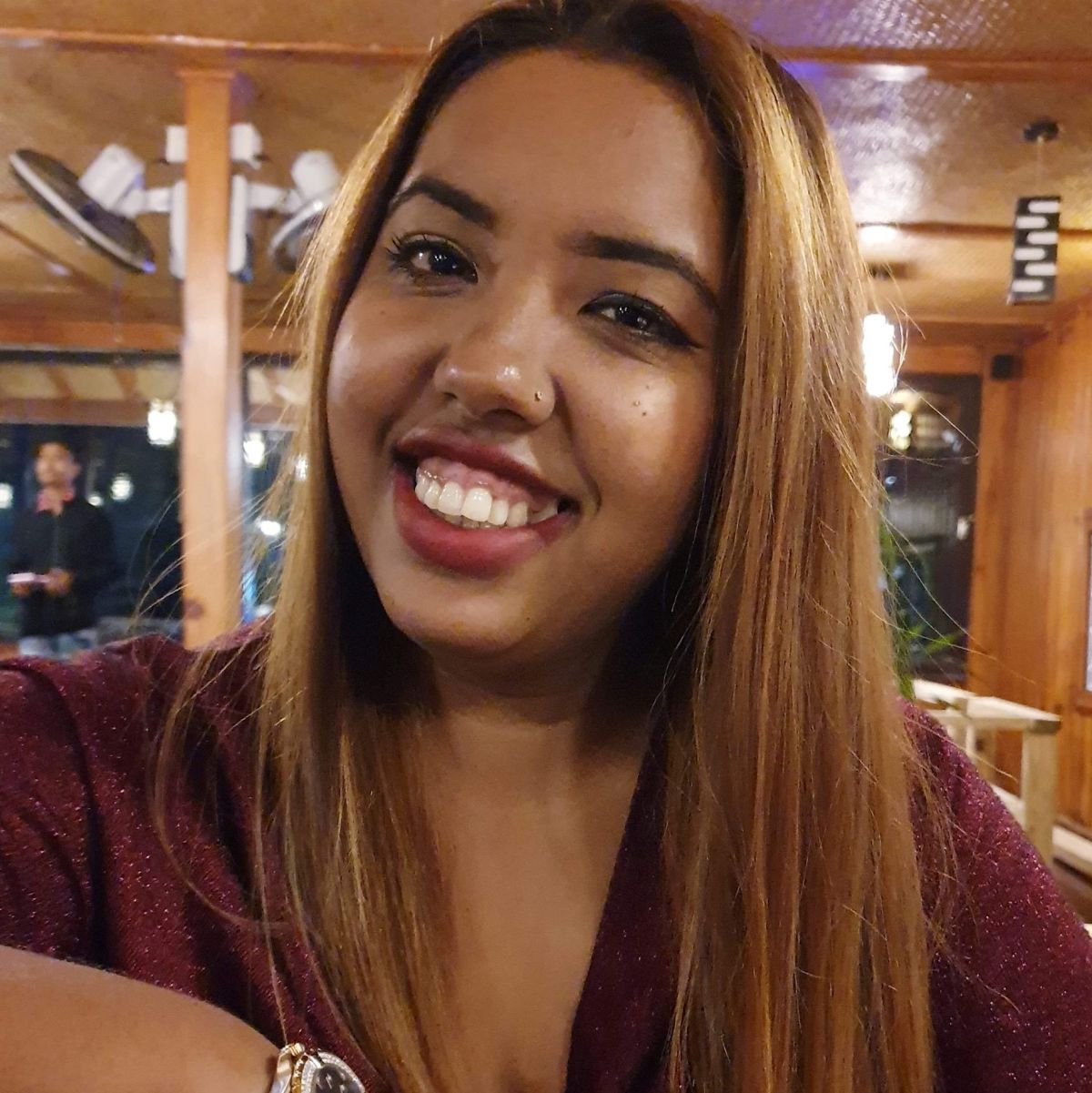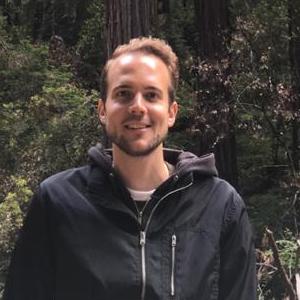Questioning the State of Religious Rights for Gender Minorities in Indonesia
I question most Indonesians’ claims about the irreligiosity of the Indonesian LGBT community, and the view that they do not exercise the correct practices as administered in their holy books.
Indonesia, Southeastern Asia
Story by Fanny Syariful Alam. Edited by Edel Malene Farstad
Published on November 25, 2021.
Reading time: 4 minutes
This story is also available in 
I always find it interesting to discuss religion with my Indonesian LGBT friends, especially since most Indonesians judge them and view them as sinners with no religion. In fact, many Indonesian LGBT people are religious, praying or expressing themselves through their own religions or beliefs. Nobody can halt their rights to practice religion since the Indonesian Constitution, UUD 1945, secures their rights through Art. 28E, verse (1), which states: “Everyone has a freedom to select their religion and to pray based on their choice, to select their education and teaching system, to select their nationality, to select to live in their territory and to leave it as well as to have their right to return.”
The Indonesian state philosophy, Pancasila, is based on Five Principles: Indonesian nationalism, internationalism or humanism, consent or democracy, social prosperity, and belief in one God. Indonesians and their government apparatuses are supposed to be humanist, as most religions value respect for all humans, including their right to religiosity.
Sounds ideal? I believe so. However, I question the implementation of this article due to Indonesians’, and the government’s, views on the Indonesian LGBT community. I believe that the majority of Indonesians across all religions consider LGBT practices sinful. I cannot forget how the Municipal Police arrested 18 gay couples in the city of Padang, West Sumatra. These couples were forced to undergo a program of psychological rehabilitation by the Agency of Social Services, leading to a religious exorcism called “Rukyah” for their “recovery.”
I believe that the majority of Indonesians across all religions consider LGBT practices sinful.
As far as the government goes, our former Minister of Religious Affairs, Lukman Hakim Saifuddin, requested that Indonesians show their empathy for LGBT people, while still supporting the condemnation of LGBT people. He also emphasized religious leaders’ duty to guide them to change for the “better”.
In reality, I observe how colorful most of my LGBT friends are when conducting their religions and beliefs. They disclose their touching stories, which remind me of their humanity in spite of many people’s bigoted views against them. I interviewed some of them, and I want to share their points of view. My friend Ayu Chantika, a trans woman, said, “As a Moslem, when I pray, I still wear ‘Peci’ and Sarong, as a male always wears for praying.”
I question most Indonesians’ claims about the irreligiosity of the Indonesian LGBT community.
Meanwhile, my friend Retsu, a trans man, highlights the importance of religion for his life: “I learned Islam very comprehensively in 2014. That time, I was in the condition of remaining unknown about my gender identity.” Riri Wirayadi, a trans woman, says about her belief in God’s existence that “I have been quite irreligious currently despite my belief in God’s existence. I used to be in a church for quite a long time, but religions continue to discriminate those belonging to a gender minority”.
My friends’ stories reveal that they, like other Indonesians, wish to be able to practice their religious rights. Therefore, I question most Indonesians’ claims about the irreligiosity of the Indonesian LGBT community, and the view that they do not exercise the correct practices as administered in their holy books.
Have all Indonesians forgotten that the State is committed to the principle of equality as stated in the Constitution? One of the principles from the Pancasila, ‘Just and Civilized Humanity’, implies that the state is responsible for the implementation of the constitution, based on humanity. With those principles of the Constitutions and Pancasila in mind, should we question the state of LGBT individuals’ religious rights again?
How does this story make you feel?
Follow-up
Do you have any questions after reading this story? Do you want to follow-up on what you've just read? Get in touch with our team to learn more! Send an email to [email protected].
Talk about this Story
Please enable cookies to view the comments powered by Disqus.
Subscribe to our Monthly Newsletter
Stay up to date with new stories on Correspondents of the World by subscribing to our monthly newsletter:
Tags
Topic: Gender
> Greece
The moment a girl becomes a woman: a story of psychological abuse - Part 1
A story by Maria Sotiropoulou
4 min
I observed women around me falling over and over again. I did not think that at some point in my life I might fall too. Read more...
> Nigeria
Untold Abortion Stories from Nigeria: The Doctor’s View (3/4)
A story by H.T. Jagiri
3 min
Criminalizing abortion is a form of discrimination against women. Abortion is still illegal In Nigeria,but it hasn't stopped thousands of women from getting it. These women endanger their lives by seeking unsafe means to terminate pregnancy. In this series of stories, Hannah, writer, journalist and story ambassador for CotW talks to women who despite the dangers have decided to get an abortion. Read more...
> Morocco
The Girl in the Skirt
A story by Hajar Lassiliya
4 min
You may wonder what is it like to be a woman who lives in a country that lacks security? Read more...
Explore other Topics
Get involved
At Correspondents of the World, we want to contribute to a better understanding of one another in a world that seems to get smaller by the day - but somehow neglects to bring people closer together as well. We think that one of the most frequent reasons for misunderstanding and unnecessarily heated debates is that we don't really understand how each of us is affected differently by global issues.
Our aim is to change that with every personal story we share.
Community Worldwide
Correspondents of the World is not just this website, but also a great community of people from all over the world. While face-to-face meetings are difficult at the moment, our Facebook Community Group is THE place to be to meet other people invested in Correspondents of the World. We are currently running a series of online-tea talks to get to know each other better.











